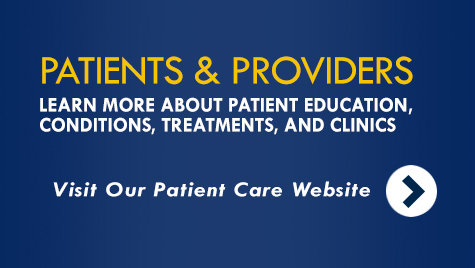Training consists of 6 clinical years and a research year. Clinical years are divided into roughly three phases:
- Phase 1: Training focuses on the transition from medical student to physician, developing general surgical knowledge and skill, as well as specialized focus on plastic surgery.
- Phase 2: Residents solidify their foundation in plastic surgery and become competent surgeons-in-general, capable of overseeing large clinical services.
- Phase 3: Residents add finesse to their plastic surgery capabilities, becoming capable of independent practice as competent plastic surgeons.
After the third or fourth clinical years, residents get a year free of clinical duties to pursue research and other academic interests.
Throughout your surgical training, you’ll develop increasing independence and learn side-by-side with experienced faculty. The resident-to-faculty ratio is typically 1:1, and residents rarely watch other residents perform surgery.
Because of our diverse and high-volume caseload, the number of operative opportunities far exceeds the number of residents. That gives us the freedom to connect residents to the best educational cases.
Your training ground consists of the University of Michigan Medical Center — comprising an adult hospital, a children’s and women’s hospital, a cardiovascular center, and multiple outpatient surgery centers; Saint Joseph Mercy Hospital in nearby Ypsilanti, Michigan; St. Joseph Mercy Chelsea Hospital; and the VA Ann Arbor Healthcare System, serving nearly 27,000 inpatients per year.
This mix of facilities provides exposure to academic medicine as well as community hospital settings. All three hospitals see a high volume of cases.


